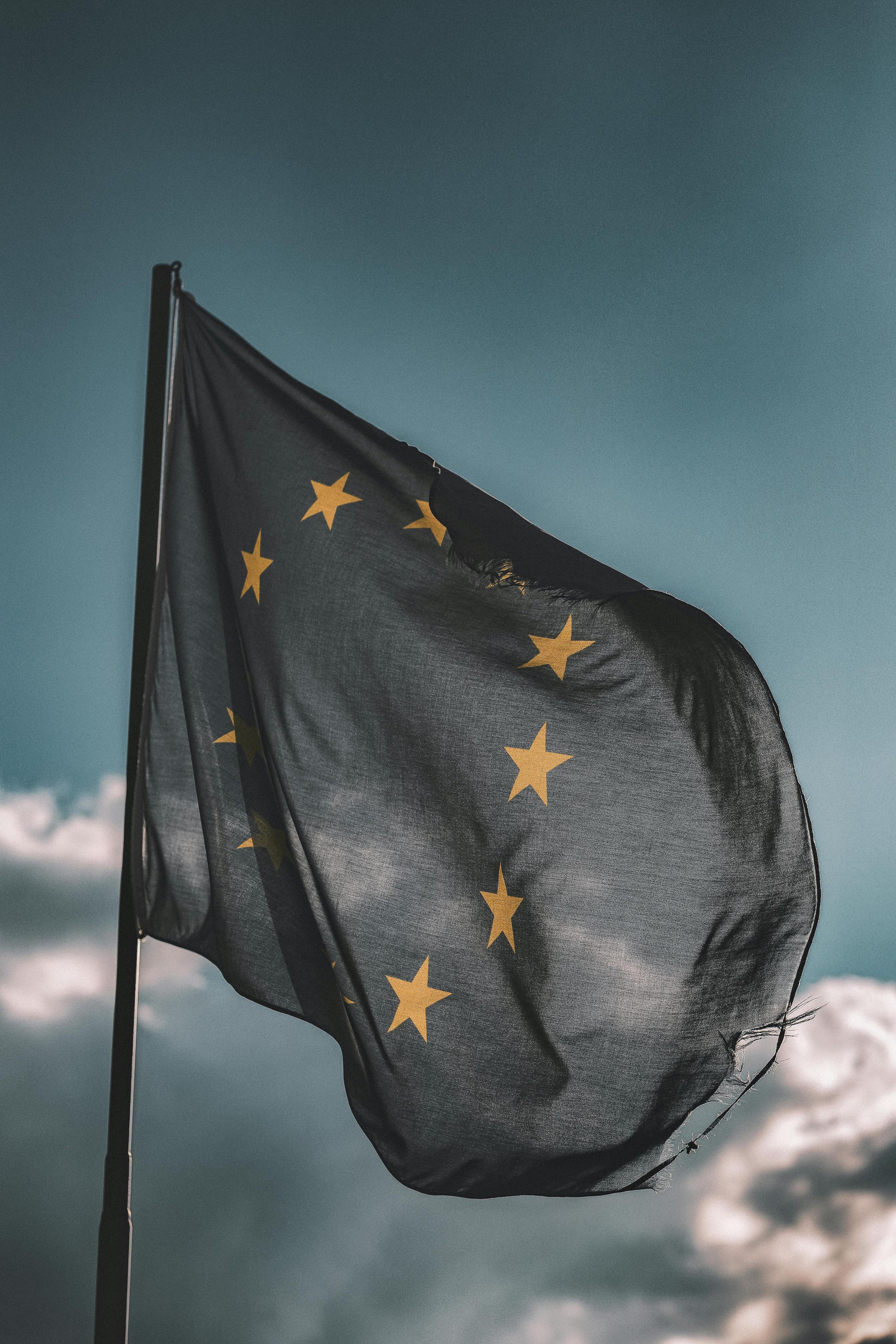1. Eligibility Criteria and Due Diligence
Before applying for EU grants, NGOs must ensure they meet the eligibility criteria outlined in the relevant funding calls. The European Commission (EC) and associated agencies conduct rigorous due diligence checks on applicants, focusing on:
- Legal status and registration compliance (as per Regulation (EU) 2021/695 on Horizon Europe and funding eligibility guidelines)
- Financial stability and audited accounts (as mandated by Financial Regulation (EU) 2018/1046)
- Experience and technical capacity in the proposed area of work
- Conflict of interest disclosures, in line with Directive (EU) 2019/1937 on whistleblower protection
2. Financial Management and Reporting
EU-funded projects require strict financial accountability. NGOs must:
- Maintain clear and transparent financial records in compliance with Financial Regulation (EU) 2018/1046
- Follow EU-approved accounting and auditing standards
- Submit periodic financial reports detailing expenditures
- Justify any budget reallocations with proper documentation
- Comply with Directive 2006/112/EC on VAT regulations and procurement procedures
3. Procurement and Contracting Compliance
Procurement procedures must align with EU regulations to ensure transparency, fairness, and cost-effectiveness. NGOs must:
- Use competitive bidding processes for procurement above specified thresholds, as per Directive 2014/24/EU on public procurement
- Document all purchasing decisions and supplier evaluations
- Avoid conflicts of interest in supplier selection
- Comply with national and international procurement laws
4. Anti-Fraud and Anti-Corruption Measures
The EU has zero tolerance for fraud and corruption. NGOs must implement internal mechanisms to prevent and report fraudulent activities, including:
- Whistleblower policies for staff and partners, in line with Directive (EU) 2019/1937
- Anti-fraud training and due diligence checks on project partners
- Immediate reporting of suspected fraud to the European Anti-Fraud Office (OLAF)
- Regular internal and external audits
5. Human Rights and Ethical Considerations
EU funding is subject to strict ethical guidelines, particularly for projects involving sensitive issues such as migration, human rights, or digital security. NGOs must:
- Align their work with the EU’s Charter of Fundamental Rights
- Avoid partnerships with organizations involved in human rights violations
- Ensure ethical data collection and processing, particularly in vulnerable communities
- Implement safeguarding policies for children and marginalized groups, following Regulation (EU) 2021/817 on Erasmus+ and other EU funding programs
6. GDPR and Data Protection Compliance
The General Data Protection Regulation (GDPR) (Regulation (EU) 2016/679) governs data handling within EU-funded projects. NGOs must:
- Secure informed consent when collecting personal data
- Implement data security measures to prevent breaches
- Limit data access to authorized personnel
- Develop and maintain clear privacy policies
7. Monitoring, Evaluation, and Learning (MEL) Requirements
The EU requires funded projects to have clear monitoring, evaluation, and learning frameworks. NGOs must:
- Define measurable indicators aligned with EU objectives
- Conduct mid-term and final evaluations
- Ensure transparency in impact reporting
- Allow external verification of results, as outlined in Regulation (EU) 2021/695 on research and innovation programs
8. EU Visibility and Communication Requirements
EU-funded projects must acknowledge EU support in their communication materials. NGOs must:
- Display EU logos and disclaimers on publications and websites, as per EU Communication and Visibility Guidelines
- Follow specific branding and visibility guidelines
- Obtain EU approval for public communication related to the funded project
9. Risk Management and Contingency Planning
NGOs must have mechanisms to identify and mitigate project risks, including:
- Political and security risks in fragile contexts
- Financial risks such as currency fluctuations and inflation
- Operational risks related to staff safety and logistics
10. Exit Strategies and Sustainability Plans
EU donors require assurance that project impacts will be sustained beyond the funding period. NGOs should:
- Develop capacity-building initiatives for local partners
- Plan for financial sustainability through diversified funding sources
- Engage stakeholders in long-term impact strategies
Further Resources and Reading
For NGOs seeking to ensure full compliance with EU funding regulations, the following resources are essential:
Compliance with EU funding requirements is a multifaceted process that demands meticulous planning, transparency, and accountability. NGOs that proactively address these compliance issues not only secure their funding but also strengthen their credibility and operational effectiveness. Investing in strong governance, financial management, and ethical compliance will ensure successful project implementation and continued access to EU support.
For NGOs considering EU funding, staying updated on policy changes and seeking expert advice can significantly enhance compliance readiness. If you need tailored guidance on EU funding compliance, feel free to reach out to specialists in the field.
